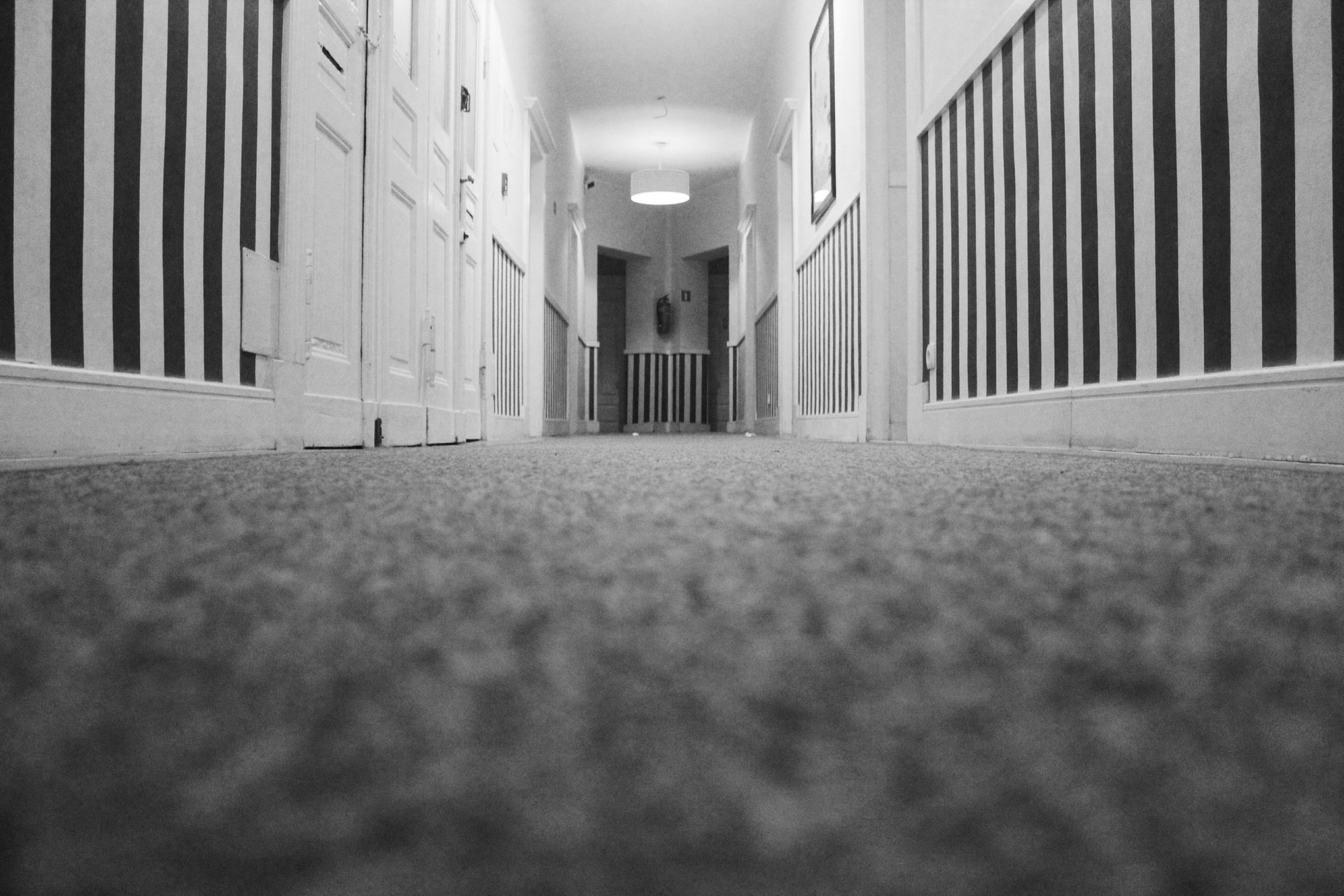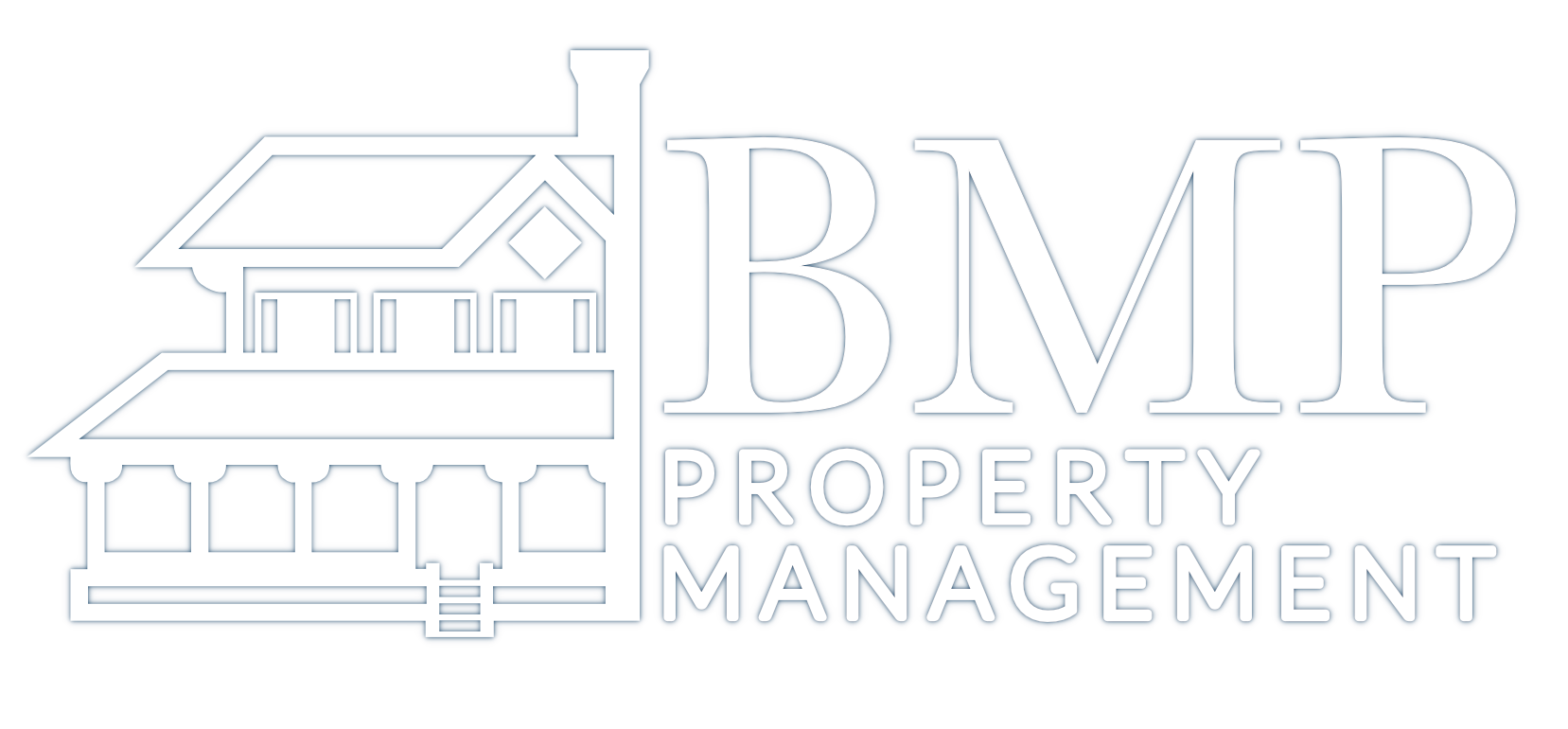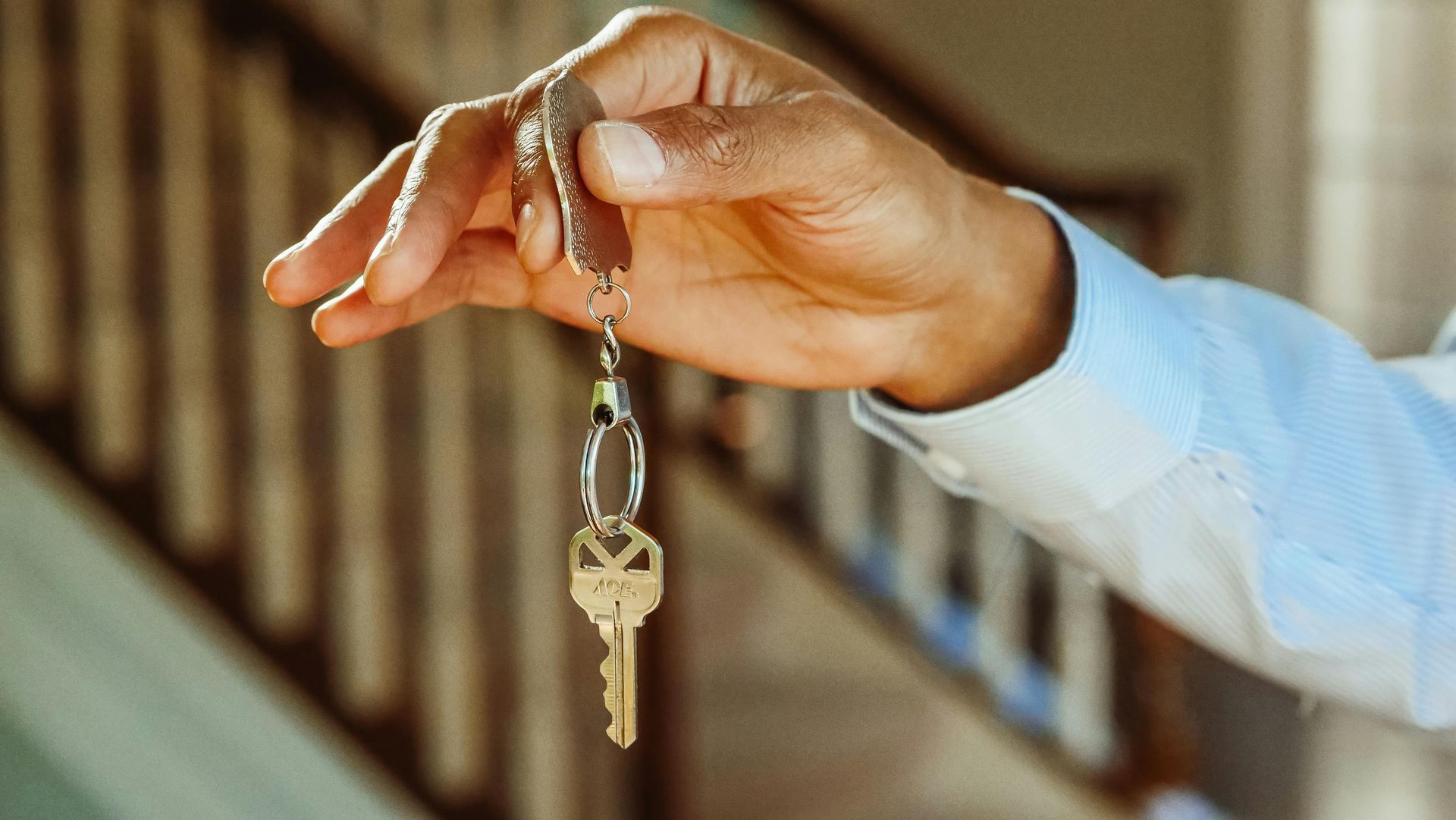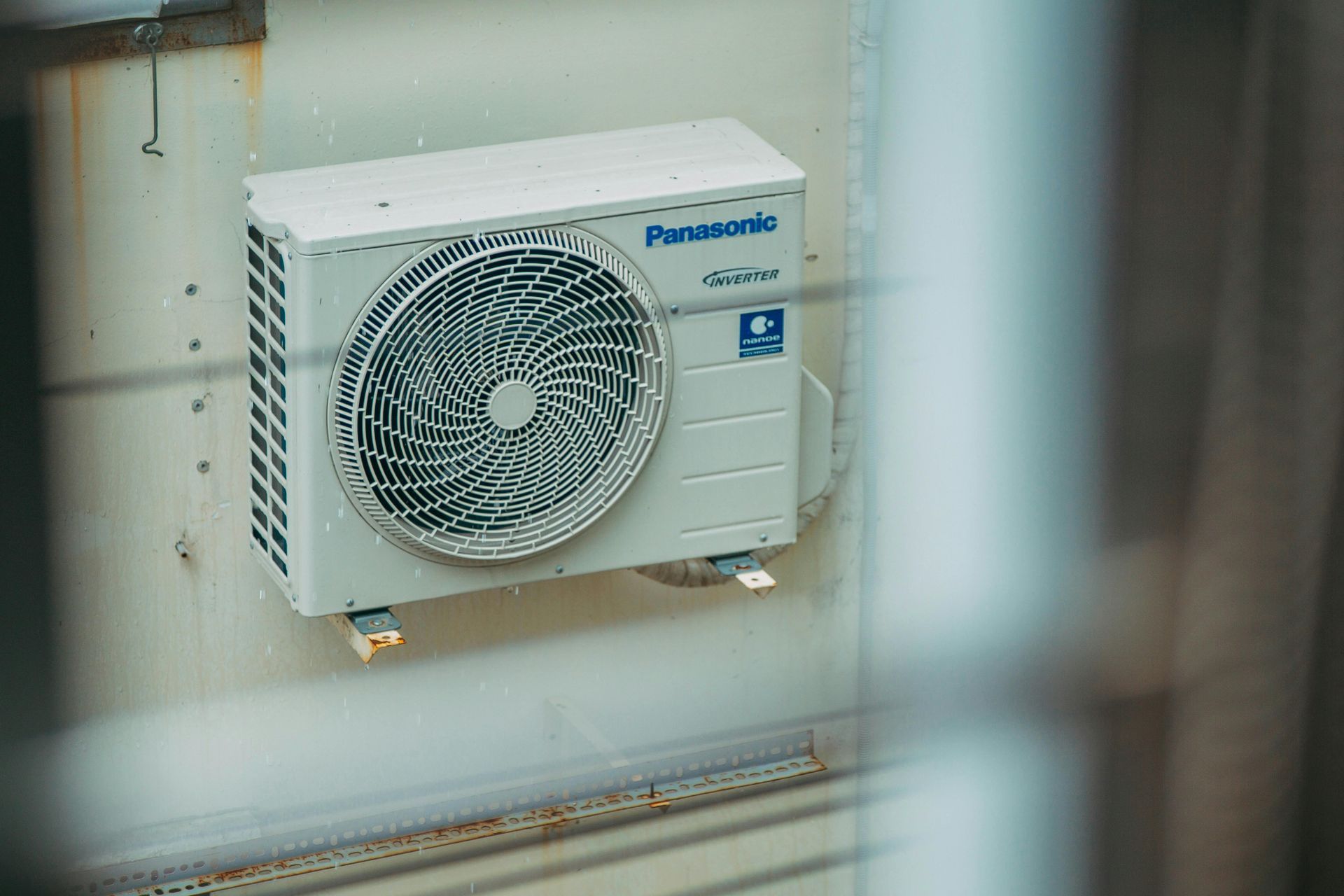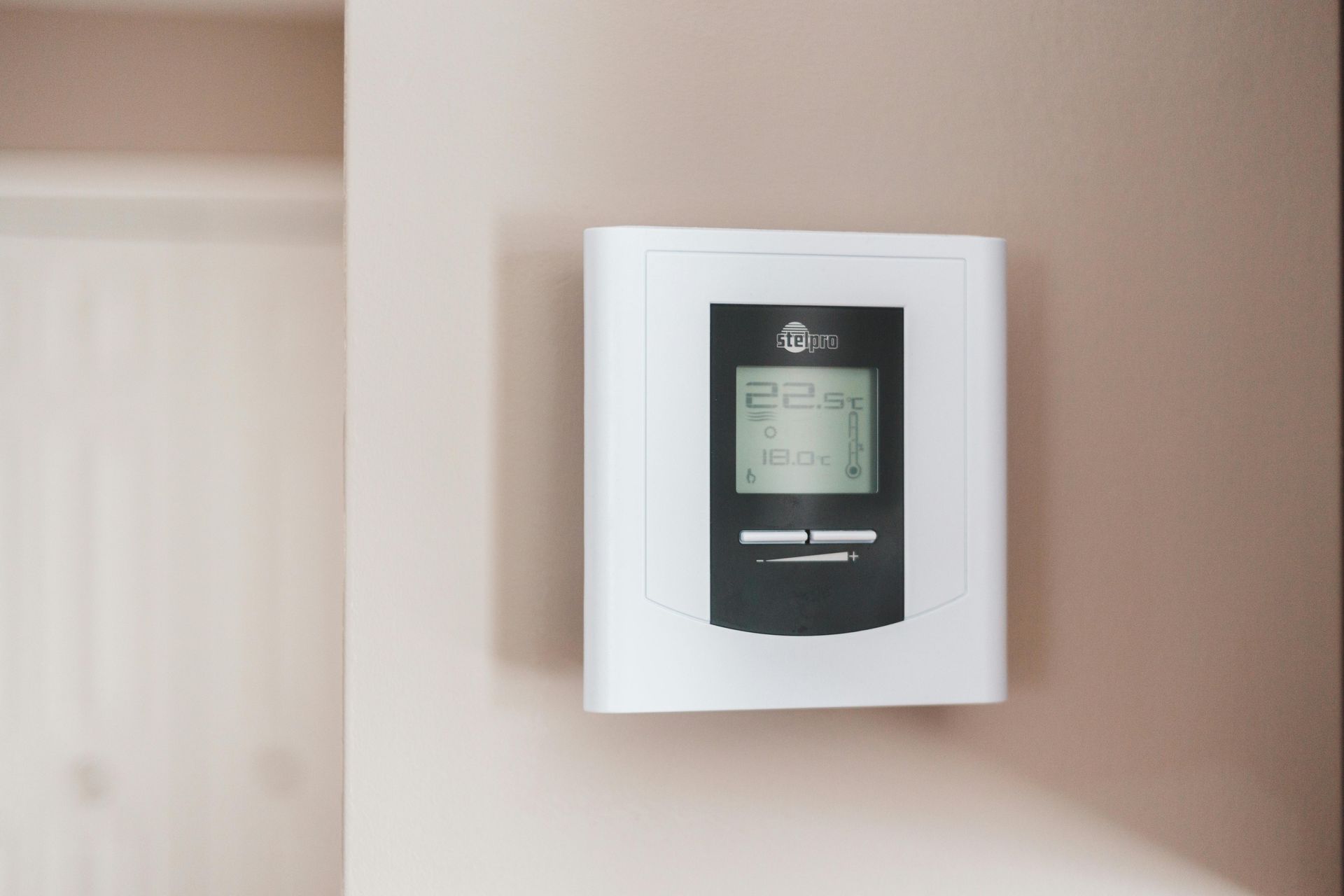How to Keep Your Lawn Looking Great as a Tenant
Simple Tips to Maintain a Healthy and Tidy Outdoor Space
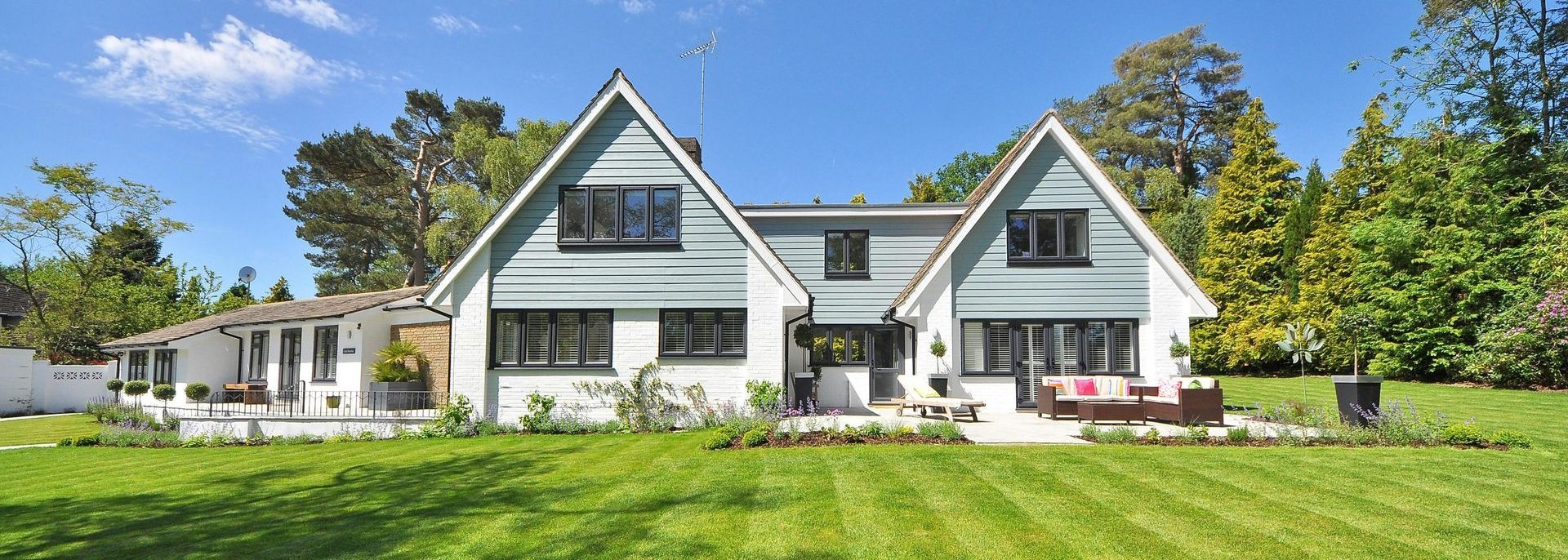
Maintaining a lawn is an essential responsibility for many tenants, especially if it’s outlined in your lease agreement. A well-kept lawn not only enhances the appearance of your rental property but also prevents potential disputes or charges at the end of your lease. Here’s a guide to keeping your lawn in tip-top shape while meeting your rental obligations.
1. Understand Your Responsibilities
Start by reviewing your lease agreement to understand your specific lawn care duties. Most agreements outline tasks such as mowing, watering, fertilizing, and weed control. Clarify with your property manager if any areas of responsibility are unclear.
2. Water Regularly
Grass needs consistent watering to stay green and healthy, especially during warmer months.
- Best practice: Water early in the morning or late in the evening to reduce evaporation.
- Tip: Use a sprinkler system if provided, and adjust it to comply with local water restrictions.
3. Mow the Lawn
Regular mowing is key to a healthy and tidy lawn.
- Frequency: Mow every 1-2 weeks during the growing season or as needed.
- Height: Avoid cutting the grass too short; aim to keep it around 2.5 to 3 inches tall to prevent stress and promote growth.
4. Control Weeds
Weeds can quickly take over if not addressed.
- Preventative measures: Use a pre-emergent weed control product in early spring.
- Spot treatment: Pull weeds manually or apply a selective herbicide to avoid damaging the grass.
5. Fertilize and Aerate
- Fertilize: Apply fertilizer 2-3 times a year (spring, summer, and fall) to ensure lush, green growth.
- Aerate: If compacted soil is an issue, consider aerating the lawn to improve water and nutrient absorption.
6. Handle Seasonal Maintenance
- Spring: Rake up debris and apply fertilizer.
- Summer: Keep up with watering and mowing to combat heat stress.
- Fall: Remove leaves and prepare the lawn for dormancy with an appropriate winterizing fertilizer.
7. Communicate with Your Property Manager
If the property requires significant landscaping or repairs that go beyond standard maintenance, inform your property manager immediately. For example, broken sprinklers, dying grass, or overgrown trees may need professional attention.
Why It Matters
A healthy, well-maintained lawn not only enhances your home’s curb appeal but also shows you’re a responsible tenant. At BMP Property Management, we appreciate tenants who care for their rental properties as if they were their own, and maintaining your lawn is a great way to demonstrate this.
By following these simple steps, you can enjoy a beautiful outdoor space and avoid potential deductions from your security deposit.

